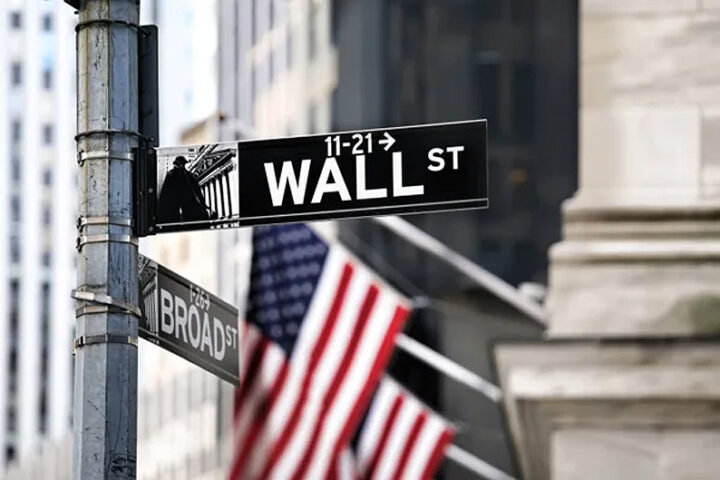.
By Oren Laurent
President, Banc De Binary
A number of different stories and studies have recently drawn attention to the world’s robot-driven future. Nothing new, right? You could say that the topic has been already discussed at length. What has struck me now, however, is that the idea of robots outshining humans in the workplace has started to become a very concrete reality.
According to the International Federation of Robotics, in the next two years the number of industrial robots in China will jump from 182,000 today to over double that figure, 428,000. Currently the growing superpower has 30 industrial robots for every 10,000 people employed in manufacturing. The extra automation will help it compete with other manufacturing-orientated economies including Germany, Japan and the United States who have much higher robotic densities in fields such as welding and car assembly. Businesses have the support of the Chinese government which is taking the matter seriously; it is encouraging and investing in robotic research to safeguard the country’s future production powers.
Meanwhile, in Japan, the Henn-na Hotel is preparing to open this summer, staffed by ten humanoid robots who can make eye contact and speak fluent Japanese, Chinese, Korean and English. To start with, they will check in guests, carry bags and clean rooms alongside human employees. Down the road, the management hope that robots will perform more than 90% of hotel services.
In Silicon Valley, the race to control a new era of computerisation and artificial intelligence is underway. Google has splurged on eight different robotics companies in the last two years, and is leading the tech world with investments in self-driving cars and home technologies. Amazon has paid $775 mln for Kiva Systems which build machines for warehouses, and has promised investors that it will trial 10,000 of the robots in its own distribution centers to increase efficiency. Facebook’s much-talked-about acquisitions include the virtual reality company, Oculus VR, and artificial intelligence firm, Vicarious, which will one day “perform jobs that employ most human beings.”
No doubt an era of connected devices, efficient machines and disease detectors offers incredible opportunities for a better society. Yet the overriding and troublesome question is what exactly will humans do if robots are doing our jobs for us?
Tesla CEO Elon Musk and Microsoft founder Bill Gates have both expressed public concern about the threat to employment. An Oxford research study of 700 professions predicted that almost half of all jobs in the US and UK are at risk because of the computer age.
This could have as great an impact on civilisation and the way we work as the Industrial Revolution. Although gardeners and cooks will enjoy job security, machines look set to replace many jobs currently being performed by the middle-classes. In the next quarter century accountants, telemarketers and factory workers could be swapped for machines which will be capable of completing processes and calculations more quickly and accurately than their human equivalents. Humans are programming a future where electronic devices may be able to detect illnesses better than doctors and self-driving cars will reduce the demand for taxis.
Many analysts predict that the division between the rich and poor will steadily grow, as society becomes divided between the people who manage robots and those who serve them. Others are more optimistic that humans will adapt to changing circumstances and that new doors and industries will naturally open and evolve.
According to Google chairman, Eric Schmidt, the “race between computers and people” will define the next decades of humanity. Whether or not you like the risky social outcome of such technological changes, the companies driving innovation are probably safe investments.







